Top 5 Most Dangerous Cyber Attacks of All Time [Full Story]
The threat of cyberattacks has increased over time, affecting not only government institutions but also small enterprises and respective individuals. The problematic thing is that cybercriminals’ techniques are evolving along with technology, making it increasingly difficult for even the most sophisticated security measures to keep pace and protect your sensitive data from being stolen.
In this blog post, we will explore the backstories, the impact, and the lessons learned of the top five most notorious cyber threats in history. The latest data breaches record revealed approximately 1 billion personal records and ransomware have surpassed in 2026 and are rising.
In this post, travel with us to the not-so-distant past to look at how some of the biggest security incidents of all time went down. So, without further ado, let’s roll back.
Let’s Look Back At The Most Notorious Cyber Threats of All Time
The following section covers the biggest cyberattacks in history and their lasting impact.
1. The Target Data Breach (2013)
Date: 19th December 2013
Impact:
- Compromised Data: About 40 million credit and debit card numbers were taken, and an additional 70 million customers’ names, addresses, and phone numbers were also taken.
- Identity Theft Risks: Millions of consumers now face a far higher risk of identity theft as a result of the disclosure of private data.

The Attack’s Story:
Target’s systems were breached by hackers using credentials from a third-party provider. During the busy holiday shopping season, they gained access to point-of-sale (POS) machines and stole millions of credit and debit card numbers.
Target suffered approximately $200 million in damages as well as a damaged reputation as a result of the hack, which exposed the risks associated with subpar vendor security procedures.
| LESSONS LEARNED: Invest in adequate cybersecurity protocols such as network segmentation & data encryption. Ensure your organization adhere to robust security practices which are monitored by third-party vendors. Regular employee training is essential to prevent phishing attacks and implement robust social engineering tactics to prevent initial breaches. |
2. The Mirai Botnet Attack (2016)
Date: 21st October, 2016
Impact:
- Internet services were disrupted nationwide.
- Impacted well-known websites like Reddit, Spotify, Twitter, and Amazon.
- Millions of users in the US and Europe experienced service interruptions as a result of this attack.
- Vulnerabilities in Internet of Things (IoT) devices that have been made public.

The Attack’s Story:
Mirai was created to infect susceptible Internet of Things (IoT) devices, including digital video recorders (DVRs), routers, and IP cameras. The botnet found these devices easily since they frequently had weak default passwords. Once infected, these gadgets became “bots,” which the attackers could operate remotely.
The size of the botnet was its greatest asset. Attackers could initiate enormous DDoS attacks by seizing hundreds of thousands of compromised devices, flooding targeted servers and networks with traffic.
| LESSONS LEARNED: Ensure you secure your IoT devices and change passwords regularly to prevent unauthorized access. Continuously monitor your network traffic and take immediate action if you detect any unusual activity which can be a potential botnet attack. You can easily mitigate large-scale attacks by implementing traffic filtering and rate limiting. |
3. WannaCry Ransomware (2017)
Date: 12th May 2017
Impact:
- Over 200,000 computers are among the impacted systems.
- Financial Cost: Damages were estimated to be over $4 billion.
- Consequences: Significant disruptions in several industries, notably the NHS in the United Kingdom.

The Attack’s Story:
A flaw in Microsoft Windows was used by the worldwide ransomware assault WannaCry to encrypt data on compromised PCs. In order to decode the file, the attackers wanted payment in Bitcoin. Systems in hospitals, banks, and enterprises closed up, paralyzing them.
The EternalBlue exploit, purportedly created by the NSA and released by a hacker collective, was blamed for the attack’s quick spread. Despite attempts to lessen its impact, WannaCry sparked worldwide unrest and brought attention to the weaknesses in unpatched systems.
| LESSONS LEARNED: Keep a habit of regularly backing up your data and keep all your software up-to-date with the latest security patches. Educate users about the ransomware and plan out a clear incident response plan. Develop digital hygiene by following safe web browsing habits to reduce the chances of further attacks. |
4. NotPetya (2017)
Data: June, 2017
Impact:
- Global Reach: NotPetya impacted over 2,300 organizations across more than 60 countries.
- Resulted in damages exceeding $10 billion. It affected companies all across the world, with Ukrainian organizations being particularly affected.
- Hampered the operations of large corporations like FedEx, Merck, and Maersk.

The Attack’s Story:
Initially posing as ransomware, NotPetya was a destructive wiper malware that caused significant harm all around the world. The assault started with a hacked Ukrainian tax program and quickly expanded across networks using the same EternalBlue flaw that WannaCry took advantage of.
Unlike other ransomware, NotPetya’s main objective was to inflict as much disruption as possible rather than make money. Even if the ransom was paid, the victim’s data would be permanently encrypted once infected, making recovery impossible. The attack highlighted the dangers of supply chain vulnerabilities by destroying Ukraine’s government, banking, and transportation infrastructure and reaching out to multinational firms.
| LESSONS LEARNED: Consider prioritizing patch management to address common vulnerabilities. Apply advanced threat detection plan to combat early attacks. Develop and roll out business continuity plans to ensure operational resilience. |
5. SolarWinds Supply Chain Attack (2020)
Date: March 2020 (discovered in December 2020)
Impact:
- Impacted more than 18,000 SolarWinds clients, including telecom businesses, technology enterprises, and government organizations.
- Major private companies like Microsoft, Intel, Cisco, and FireEye. This led to serious data breaches and espionage operations.

The Attack’s Story:
The incident started in September 2019 when threat actors—later identified as APT29 or Nobelium, a Russian espionage group—infiltrated SolarWinds’ network. The attackers introduced malicious code, or a backdoor, into Orion software updates in February 2020. Customers were unaware that this malicious update had been sent to them. Cybersecurity company FireEye initially identified the issue in November 2020 after learning that the malicious updates had affected its systems.
| LESSONS LEARNED: Make sure your organization conduct a thorough security assessment before any new integration. Regularly monitor unusual activities in your network and establish solid security frameworks to reduce vulnerabilities. Consider collaborating with multiple organizations to share threat intelligence that can collectively enhance defences against dangerous attacks. |
Consider reading our previous article: Guide on Internet Security: How To Protect Yourself Online.
KEY TAKEAWAY:
Well, stronger cybersecurity measures are certainly required as a result of these intrusions, which have revealed weaknesses in our digital infrastructure. Prioritizing security, making significant defence investments, and keeping abreast of emerging threats are all imperative for organizations. People should also take precautions to safeguard their data and adopt safe cybersecurity practices.
Cybercriminals’ strategies will change in tandem with technology. Organizations and individuals need to take a proactive approach to cybersecurity in order to keep ahead of these threats.
PEOPLE ALSO ASK:
Q1. Describe ransomware in brief.
A1: A form of virus known as ransomware encrypts data on a victim’s computer or network unless the decryption keys are purchased.
Q2: How can businesses guard against cyberattacks?
A2: Companies should invest in cutting-edge threat detection technologies, train staff on cybersecurity awareness, carry out frequent audits, and put in place robust security procedures.
Q3: How can people defend themselves against online dangers?
A3: People should update software frequently, create strong passwords, activate two-factor authentication, and exercise caution when disclosing personal information online.
Popular Post
Recent Post
How To Overclock a Computer: A Complete Guide
Overclocking is the process of making your computer run faster than its factory settings. It mainly affects the processor, graphics card, and sometimes memory. Many people choose this method to improve performance without buying new hardware. It is popular among gamers, video editors, and users who run heavy software. When done properly, overclocking can give […]
How To Find Password Saved on This Computer: Complete Guide
Many people forget their login details at some point. It happens often. We create many accounts every year. Each one needs a username and a password. Over time, it becomes hard to remember all of them. That is why computers offer ways to store login details. These saved details help users sign in faster. They […]
How To Open/Access Computer Management & Advanced Tips
Every Windows computer has many hidden tools. Most users never see them. They only use basic settings. They change wallpapers. They install apps. They adjust sound and display. That is enough for daily work. But problems still happen. The system slows down. Storage fills up. Errors appear without warning. At this stage, normal settings do […]
How To Transfer Photos From Android Phone To PC/Laptop [2026]
Moving photos from a phone to a computer is something most people need to do often. Phones fill up fast. Photos also matter more than apps. You may want a safe backup. You may want to edit images on a bigger screen. This guide explains how to transfer photos from Android to PC without stress. […]
Top 9 Browsers With Built-In VPN – VPN Browser
Online browsing is no longer private by default. Every website collects data in some form. This includes location details, device information, and browsing habits. Over time, this data builds a clear picture of user behavior. Many people are now uncomfortable with this level of tracking. A VPN browser helps reduce this exposure. It adds a […]
AI In Cyber Security: Who is Winning, Hackers or Security Companies
Cybersecurity once followed clear rules. Companies built firewalls. Users created passwords. Antivirus tools scanned files and removed known threats. When an attack happened, security teams studied it and added new rules. This method worked for many years. It created a sense of control and stability. That sense is gone today. Artificial intelligence has changed how […]
The Biggest AI-Run Cyber Attacks Of All Time
Artificial intelligence is now part of everyday technology. It helps people search faster. It improves medical research. It supports businesses in making better choices. But AI is not used only for good purposes. Cyber criminals have also learned how to use it. This has changed the nature of cyber attacks across the world. In the […]
Switch To a Dark Background Theme on Windows: Enable Dark Mode
People often like a screen that feels gentle on the eyes. A darker style softens bright areas and makes long computer sessions easier to handle. It also gives the desktop a cleaner and more modern feel. When you switch to a dark background theme in Windows, the colors shift to deeper shades that reduce glare […]
Complete Guide on Managing Audio Input Devices [Latest In 2026]
People use microphones for meetings, games, classes, recordings, and voice chats, so any problem with the device can interrupt their work. Even a small system error can make the voice weak or stop it fully. This is why knowing the basics of managing audio input devices is helpful for new and experienced users. Windows includes […]
Resetting Audio Settings on Windows 11: Complete Guide
Sound problems can disrupt work, study, or entertainment. Many users face issues where the audio becomes too low, too loud, unclear, or does not play at all. A common way to solve these problems is by resetting audio settings to their original state. This helps Windows rebuild its sound setup from the beginning. Windows 11 […]






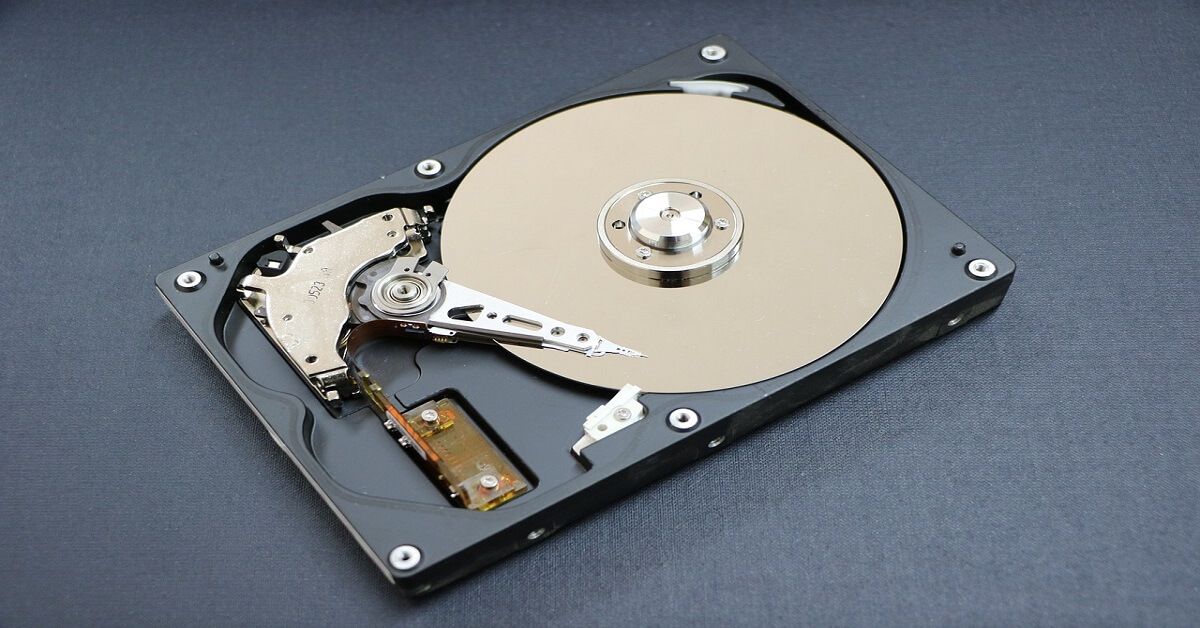
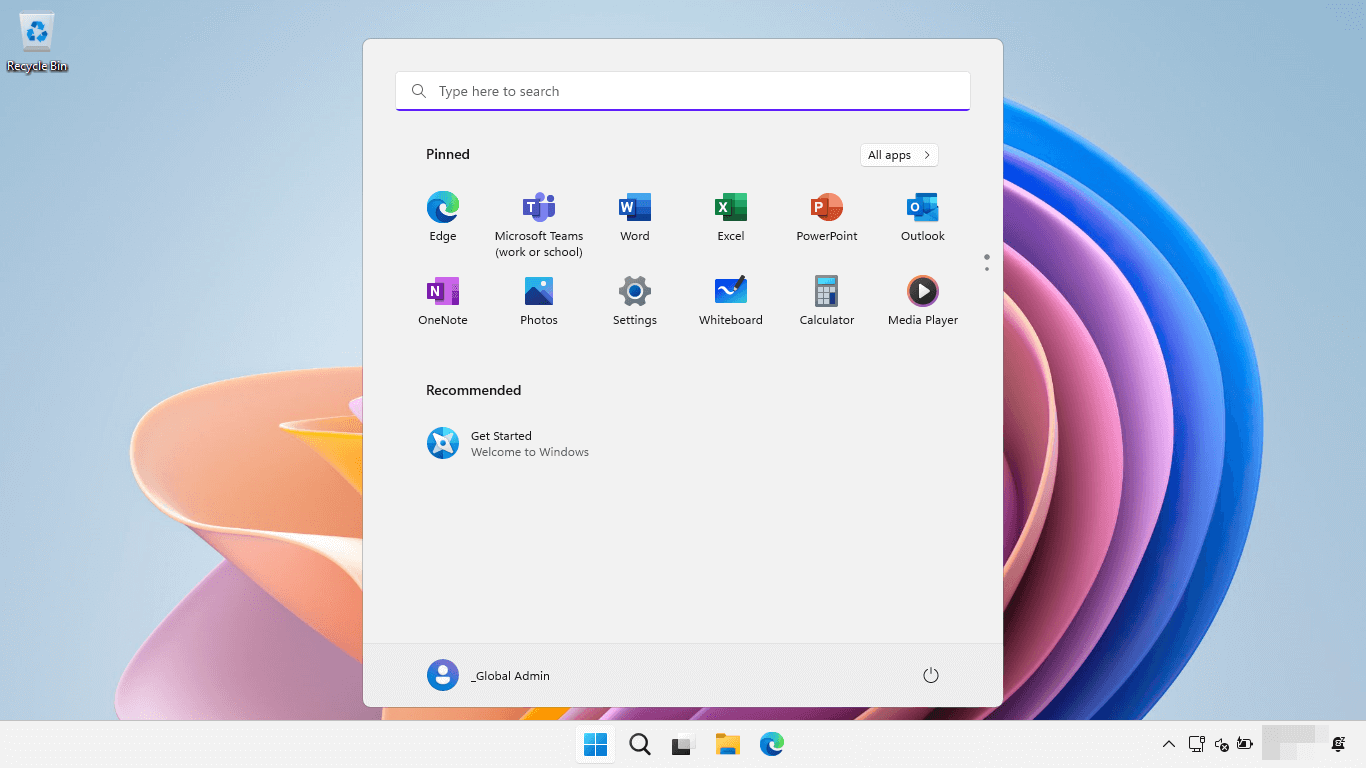
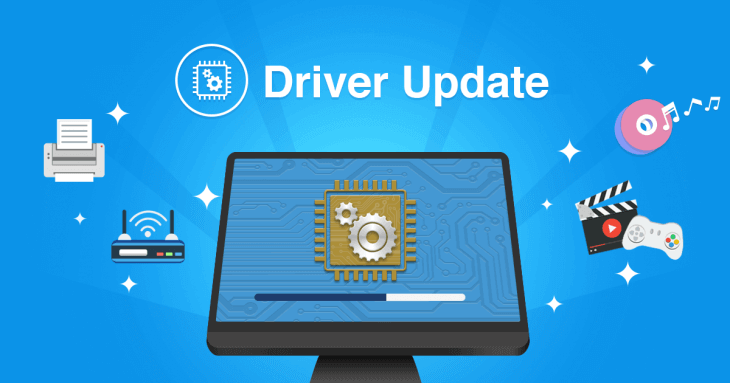
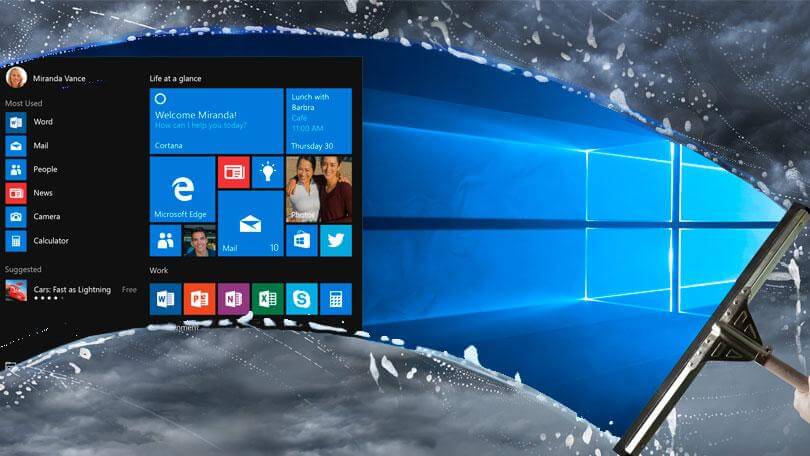
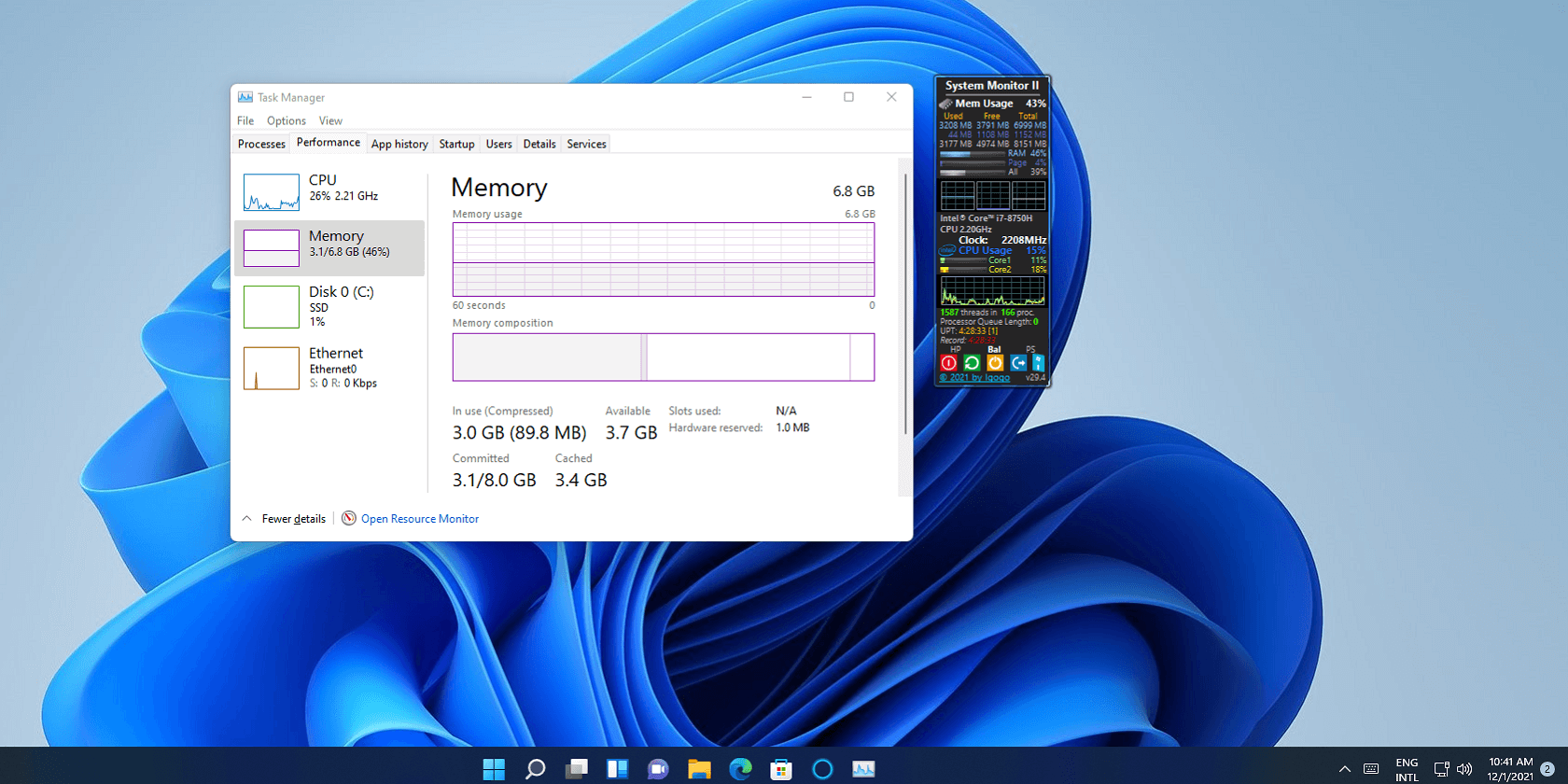
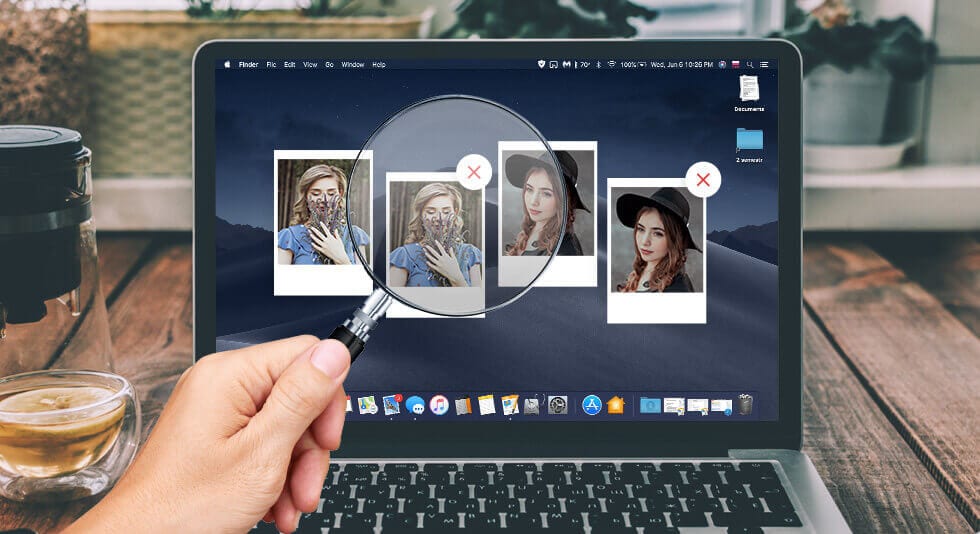

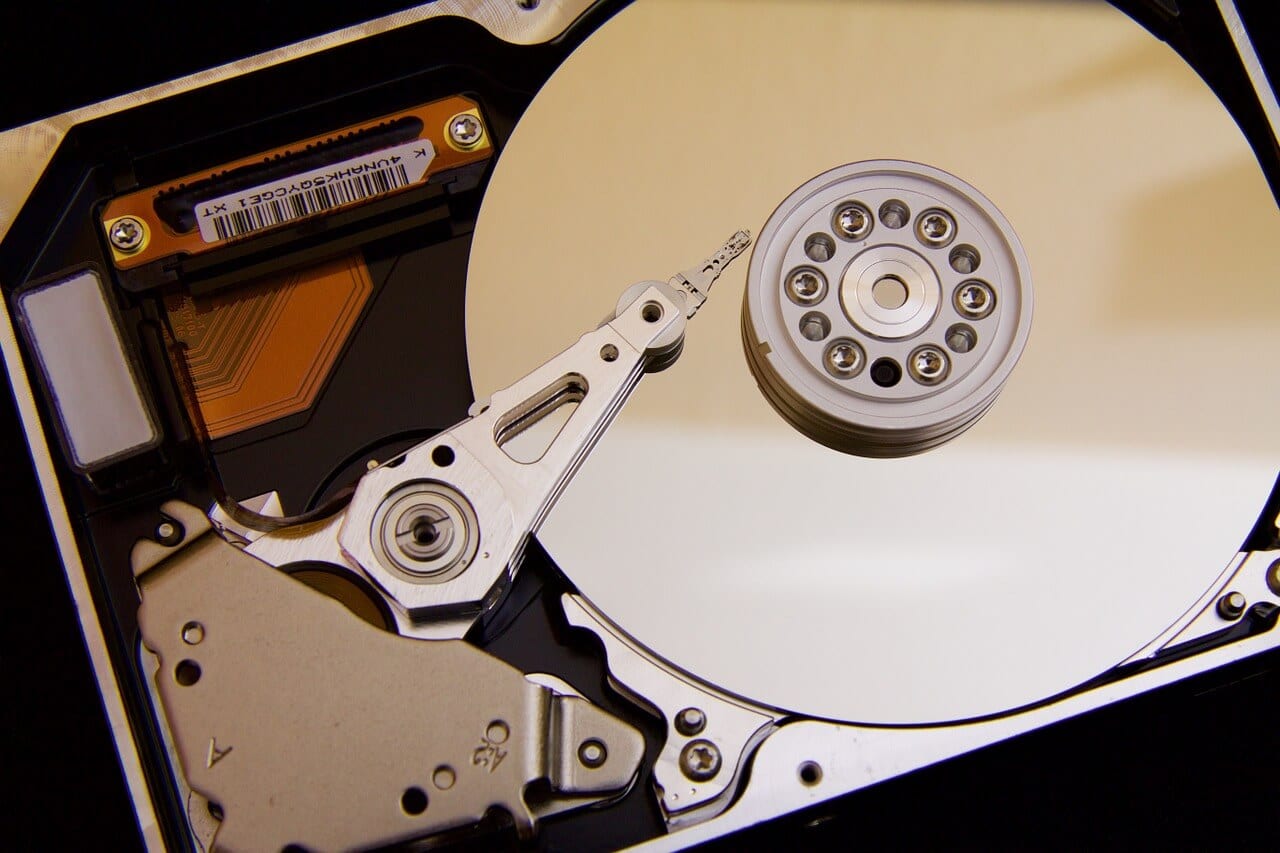
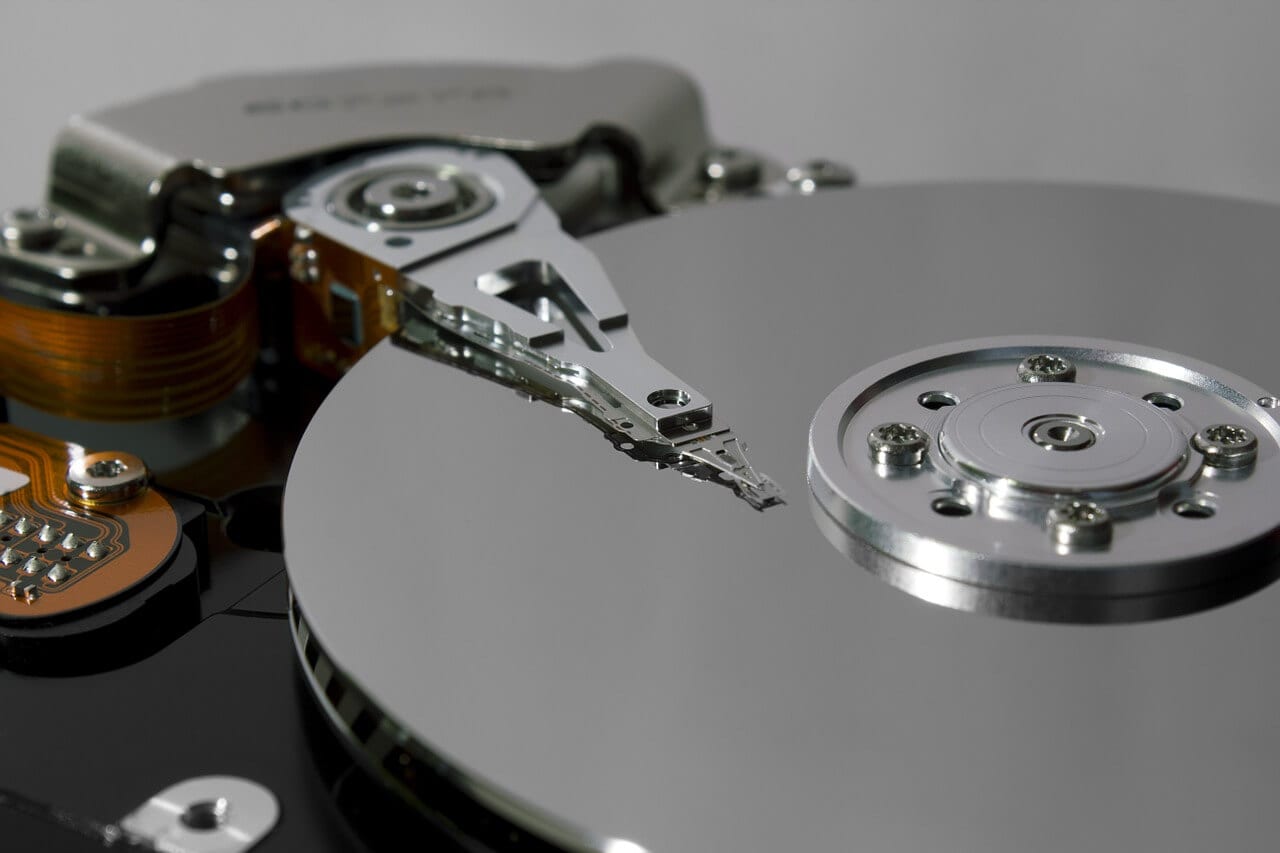

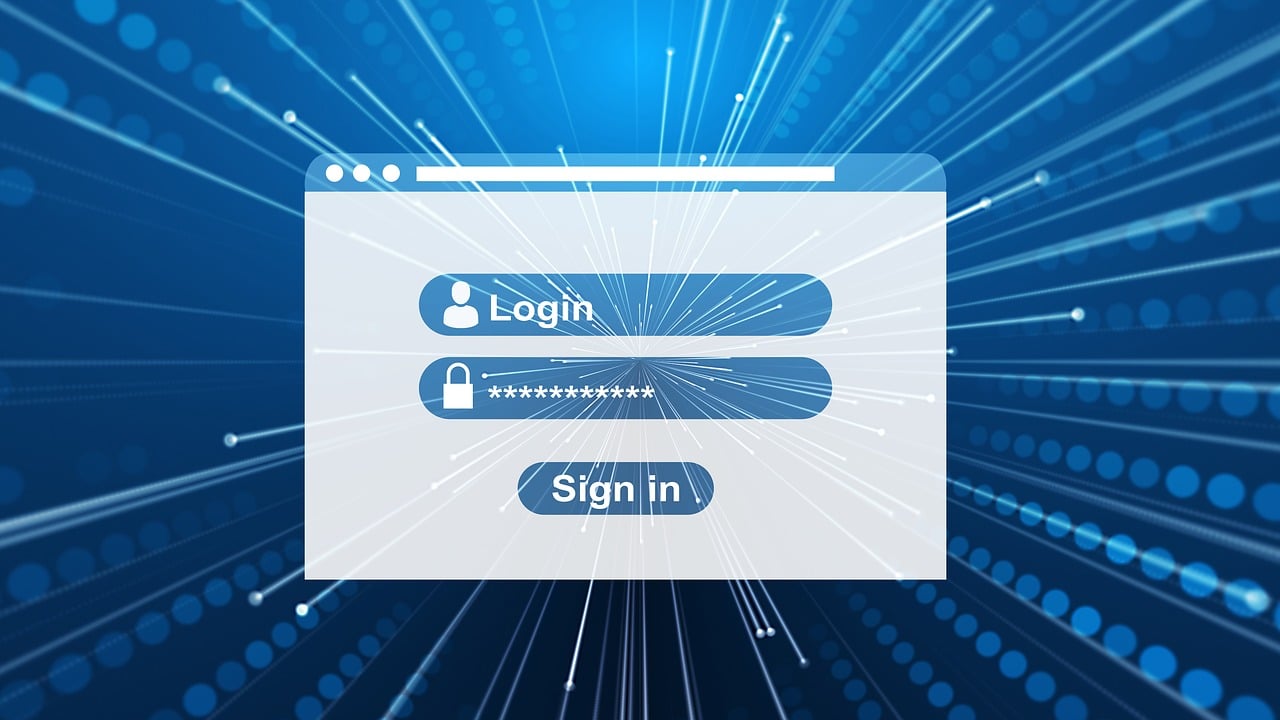
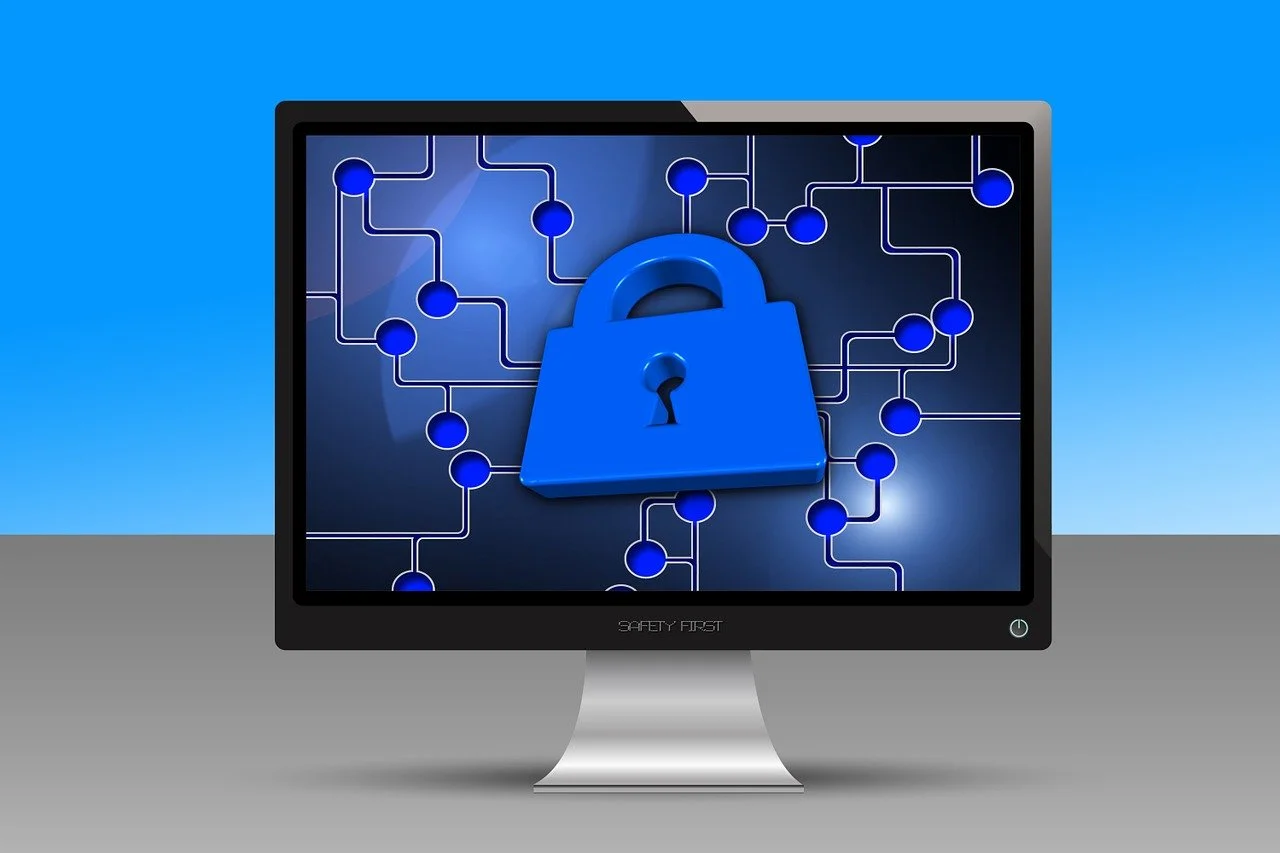
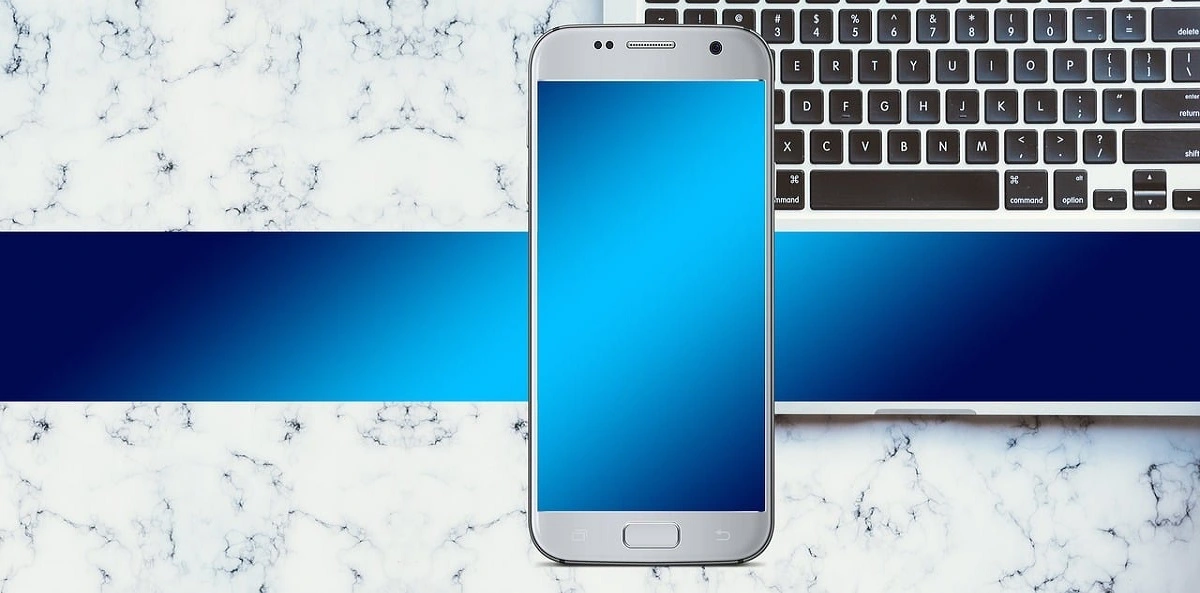
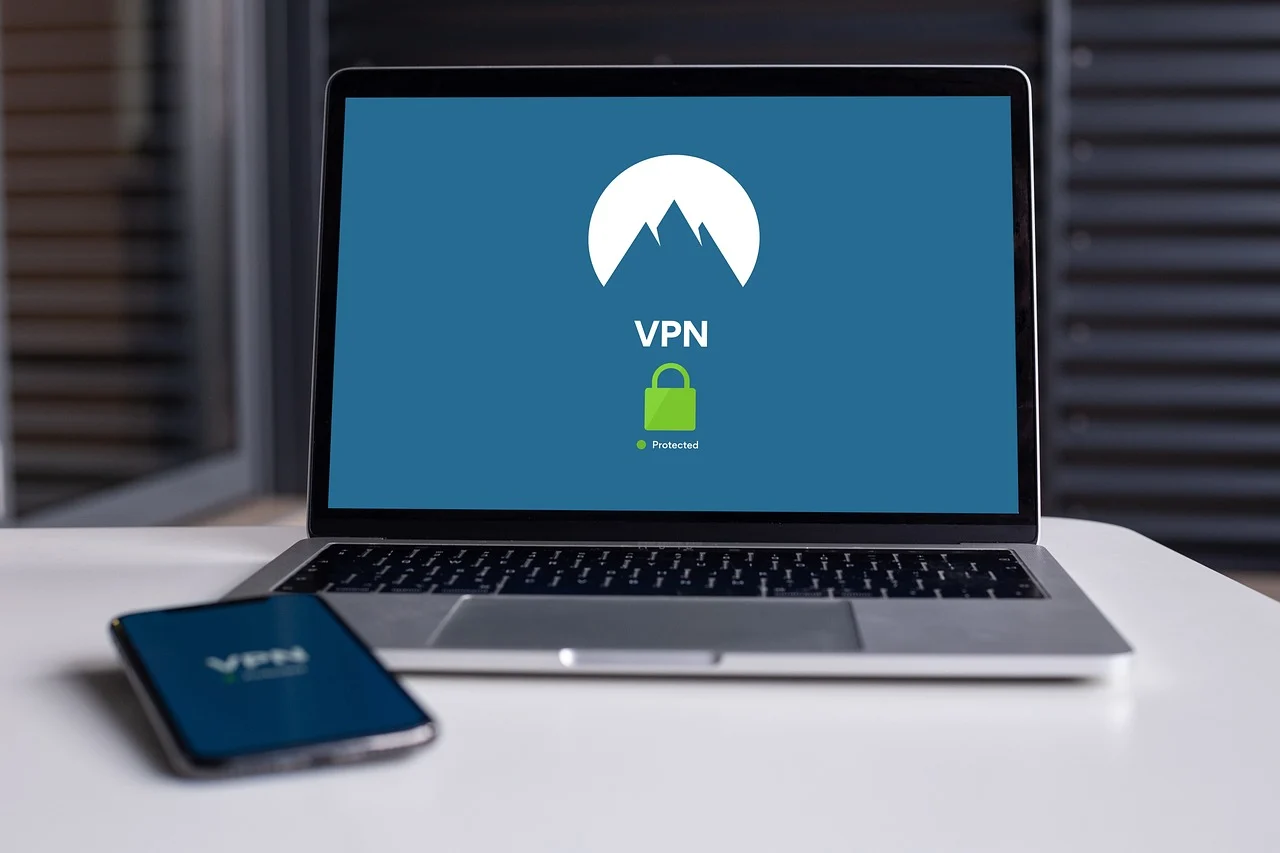
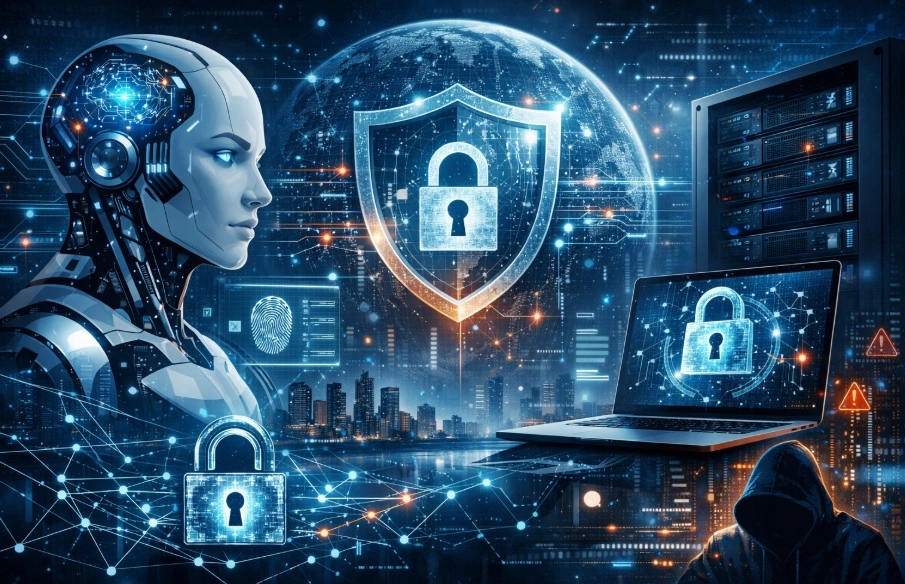

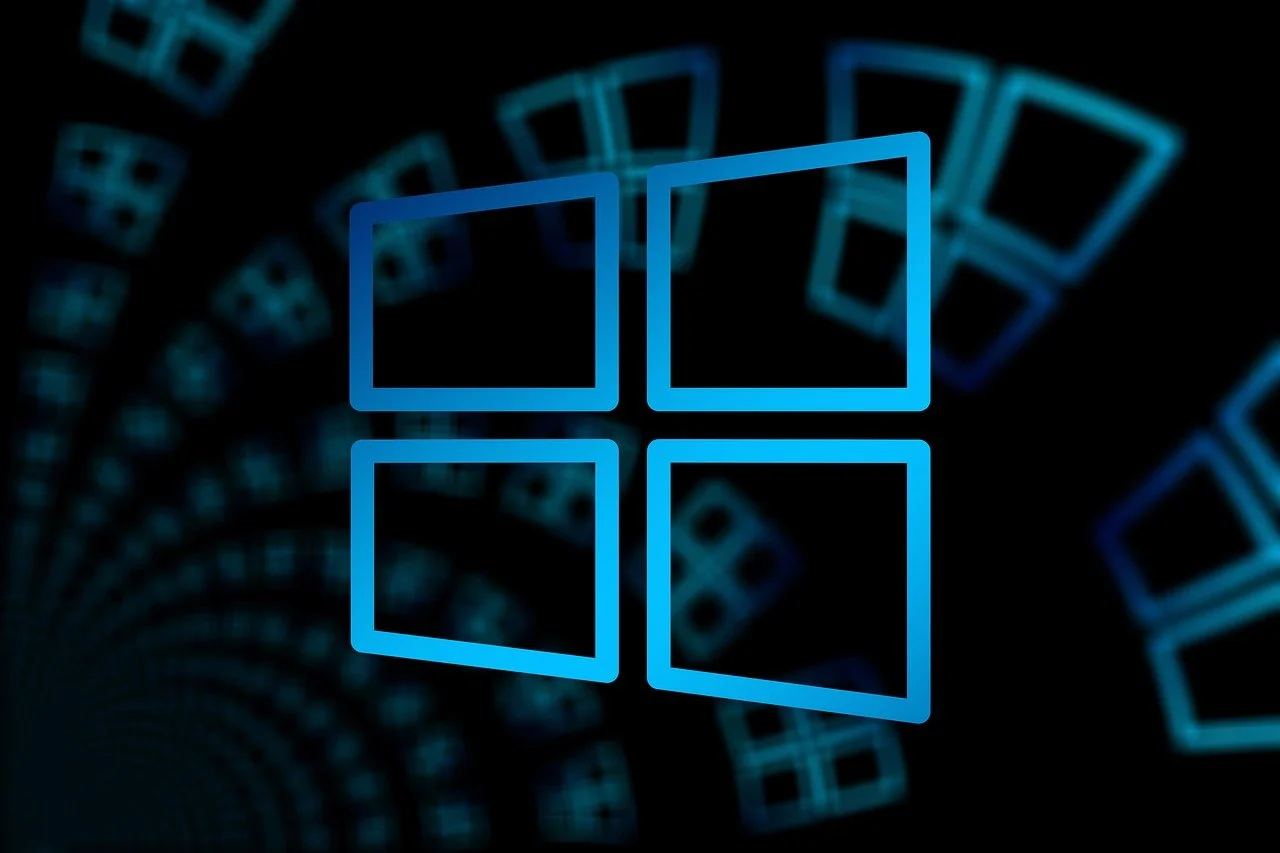
![Complete Guide on Managing Audio Input Devices [Latest In 2026]](https://www.techcommuters.com/wp-content/uploads/2025/12/Complete-Guide-on-Managing-Audio-Input-Devices.webp)


